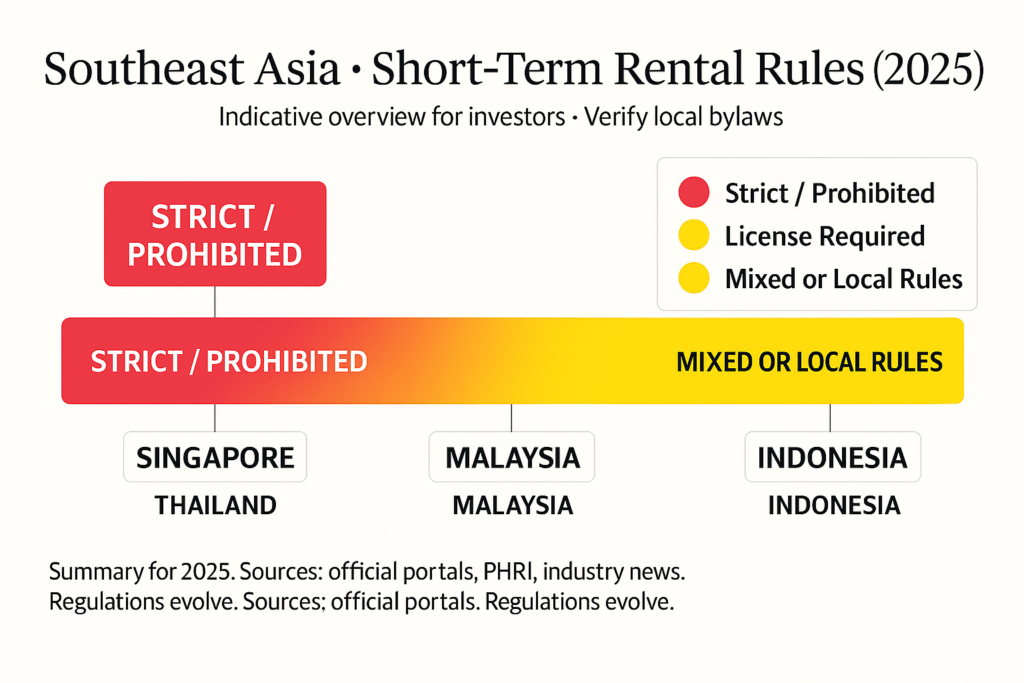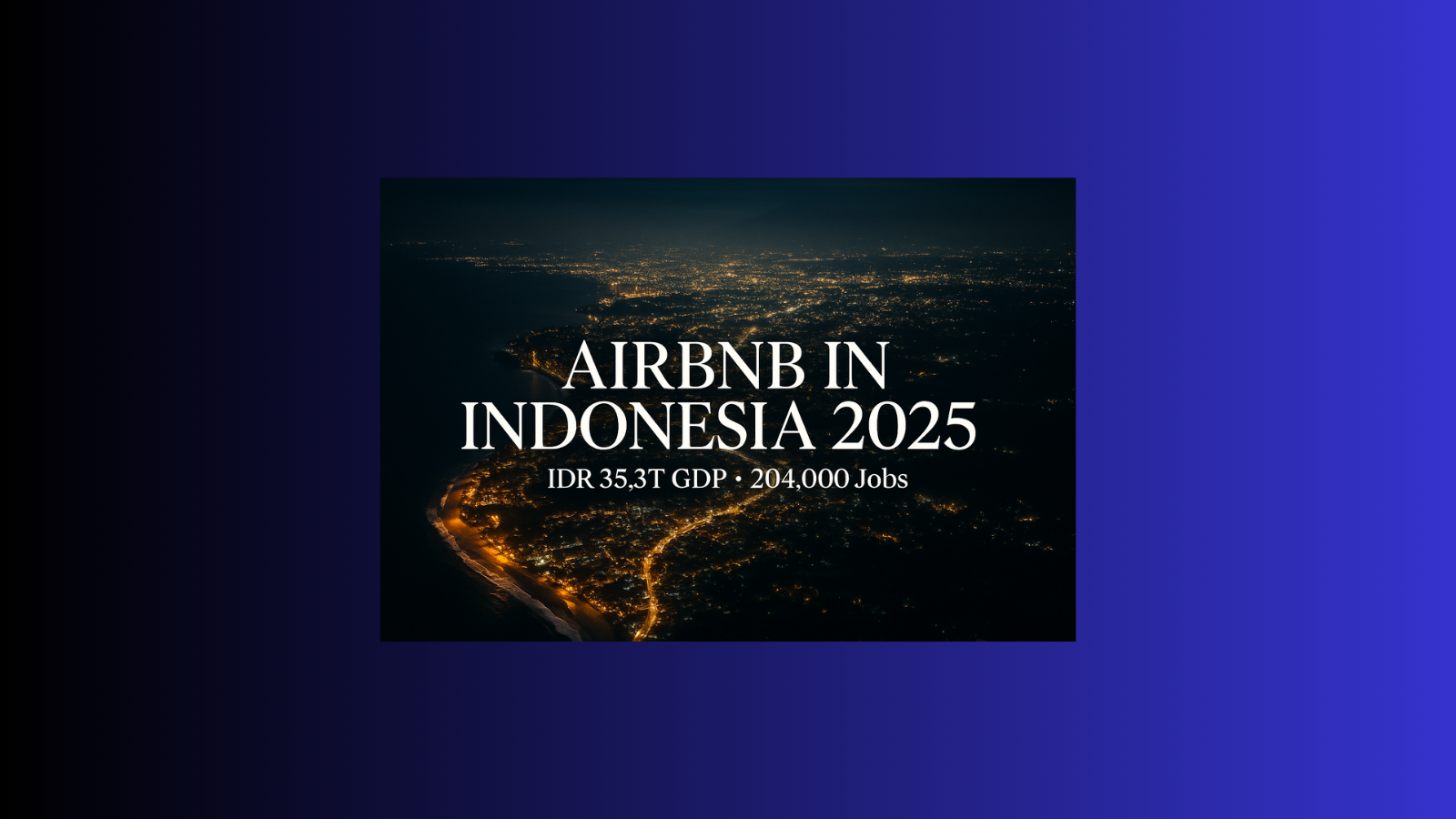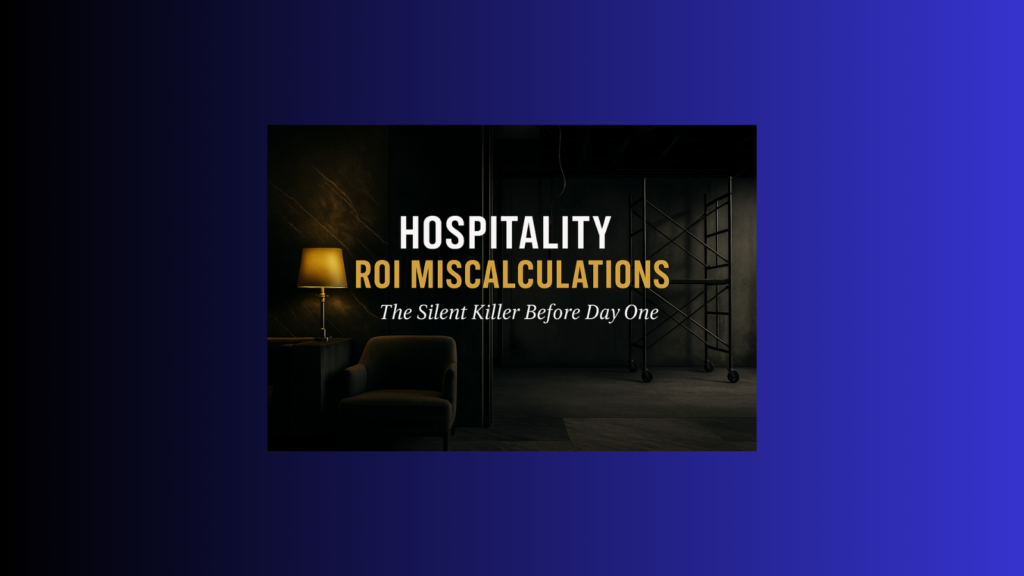The Promise: IDR 35 Trillion and 204,000 Jobs
The debate around Airbnb Indonesia 2025 highlights both massive economic gains and deep regulatory gaps. Airbnb wants the world to see Indonesia as one of its success stories. The Oxford Economics report (2025) estimates that Airbnb in Indonesia 2025 contributed IDR 35.3 trillion (USD ~$2.3 billion) to Indonesia’s GDP in 2024 and supported 204,000 jobs nationwide. Bali alone absorbed IDR 17.5 trillion in Airbnb guest spending, accounting for nearly 70% of the platform’s total impact in the country.
The message is clear: Airbnb is no longer a side story in Indonesia’s tourism economy. It is a pillar. Guests spend not just on accommodation, but on restaurants, shopping, transport, and cultural activities. Local hosts — 92% of them individual entrepreneurs — supplement incomes, preserve homes, and share cultural experiences. Rural villages benefit as tourism disperses beyond Bali’s beaches and Jakarta’s cityscapes.
But behind this impressive narrative lies a less comfortable truth: much of Airbnb’s growth takes place outside the bounds of regulation, taxation, and community planning. And in 2025, the question is no longer whether Airbnb is an economic force. It is whether Indonesia can manage this force without letting it distort housing markets, erode community trust, and siphon away vital state revenues.
The Boon: Airbnb Indonesia 2025 – Economic Impact on Tourism Spending
Airbnb’s contribution is not confined to GDP tables. It is visible in everyday economic activity.
- In 2024, Airbnb Indonesia 2025 guests spent IDR 30 trillion in Indonesia.
- Average stay: 3 nights.
- Daily non-accommodation spend: IDR 2 million per guest.
Where does this money go?
- Restaurants & bars: 35% of spend.
- Shopping: 23%.
- Transport: 19%.
- Arts & entertainment: 13%.
- Groceries: 10%.
This pattern shows Airbnb’s strongest value-add: it disperses tourism dollars into the wider community. Not just into hotel payrolls or resort operations, but into family-owned warungs, local drivers, and artisan shops.
Even more important is the geographic shift. In 2019, non-urban areas made up less than 20% of Airbnb’s market. By 2024, that figure hit 25%. Tourists were choosing East Bali villages, Lombok’s quiet coasts, and smaller islands beyond Java’s cities.
For communities long bypassed by mainstream tourism, Airbnb created a doorway. These are not small wins. They are the real-world stories that keep families afloat.

Airbnb Indonesia 2025: Bali Regulation, Taxation & Compliance Gaps
Yet for every inspiring story, there is a parallel one that policymakers cannot ignore.
The Law:
Indonesia’s Tourism Law (UU 10/2009) requires that any property offering lodging to tourists secure a Pondok Wisata (villa/homestay license). This entails building permits, safety standards, and the collection of local hotel taxes.
The Reality:
Most Airbnb listings bypass this system entirely.
Bali’s Crackdown — Symbolic but Limited
- In mid-2025, Bali authorities announced a crackdown on 40+ illegal villas and guesthouses in Canggu, Uluwatu, and Ubud.
- The Bali Villa Rental Management Association (BVRMA) supported inspections.
- Officials stressed that unlicensed properties “pay no taxes” and “bypass safety standards.”
But here’s the truth: the real number is not 40. It is in the thousands.
- Industry experts estimate 10,000–20,000 unlicensed villas across Bali.
- Studies suggest 55–65% of villas operate without registration.
- This equals billions in lost hotel tax, VAT, and income tax annually.
The crackdown made headlines, but it exposed the tip of the iceberg. A few dozen villas shut down; thousands continue to operate undisturbed.
The Tax Gap
- Hosts earning ≤ IDR 4.8 billion gross rent → 1% final tax (rarely declared).
- Larger operators → 5–35% progressive income tax.
- VAT (11%, rising to 12% in 2025) almost never applied.
- Tourism levies (e.g. Bali’s IDR 150,000 foreign visitor fee) are collected at airports, but villa-specific hotel taxes often vanish.
Key Blind Spot: Airbnb itself does not withhold or remit Indonesian taxes. Compliance relies on individual honesty — a fragile foundation.
For policymakers, this represents a regulatory blind spot with real economic costs: state revenues leak, compliant hotels lose footing, and the rule of law is undermined.

Airbnb’s Housing Impact and Tourism Gentrification in Bali
The boom in short-term rentals has reshaped Bali’s social fabric.
- Tourism gentrification: Locals pushed from central villages as villa investment accelerates.
- Housing affordability: Long-term rentals dwindle; land and rents spike in Canggu, Seminyak, Uluwatu, and Ubud.
- Community tension: Noise, congestion, and transient guests strain neighborhood cohesion.
Global studies show each additional Airbnb listing nudges rents upward by reducing supply. In Bali, this manifests in cultural conflict: temples overshadowed by rooftop pools, rice paddies traded for villa complexes, and locals asking whether tourism serves them or replaces them.
Yes, many small hosts rely on Airbnb. But systemic over-conversion threatens housing stability and social balance.
👉 Related reading: Managing Destination Overcrowding in Bali: A Strategic Call to Action.
Airbnb vs Hotels in Indonesia: Traditional Hospitality Under Pressure
The Indonesian Hotel & Restaurant Association (PHRI) has been blunt:
“We have no issue with families renting a spare room. But when companies buy entire apartments and run them on Airbnb, that is unfair competition.”
Hotels meet safety codes, pay taxes, employ staff, and contribute to tourism development. Airbnb hosts often bypass these obligations while undercutting hotel rates.
The result:
- Budget/midscale hotels see occupancies squeezed.
- Bali hotels historically outperform Airbnb in occupancy, but the gap narrows in peak seasons.
- Employment shifts: hotels create structured careers; Airbnb creates fragmented, informal jobs.
Some hotel groups are responding with their own booking platforms, but without regulation, the playing field remains uneven.

Short-Term Rental Regulations in Southeast Asia: Lessons for Indonesia
Indonesia is not alone in wrestling with this dilemma.
- Thailand: Airbnb largely illegal without hotel license. Condo boards ban STRs. Enforcement with fines and closures.
- Malaysia: State-level patchwork. Penang caps stays at 180 nights; Sabah bans STRs in residential zones.
- Vietnam: 2024 ban on residential STRs in Ho Chi Minh City. Licensing framework coming by 2027.
- Philippines: Hosts must register and pay VAT/income tax. Audits increasing.
- Singapore: Strictest regime. Minimum 3-month stay (6 months for public housing). Daily rentals illegal.
Indonesia sits in the middle ground. Bali leans stricter, but national enforcement remains weak.
👉 Compare this with our article: Lombok Tourism Growth Strategy.
For external reference: see Oxford Economics Airbnb Impact Report.
The Call to Action: Building Balance for the Future
Airbnb is not going away. Nor should it. But left unchecked, it risks becoming a liability rather than an asset.
For Developers & Investors:
- Treat compliance as strategic risk management, not paperwork.
- Align projects with zoning, licensing, and safety codes.
- Professional management ensures resilience against regulation.
For Policymakers:
- Close the tax gap with platform-level withholding.
- Enforce licensing consistently, beyond symbolic raids.
- Protect housing and community well-being while sustaining tourism.
For Hospitality Operators:
- Position professional management as the bridge between informal STRs and sustainable infrastructure.
- Compete on quality, service, and compliance — not loopholes.
Zenith Hospitality’s Position on Airbnb in Indonesia
At Zenith Hospitality Global, we see Airbnb’s rise not as a threat, but as a call for higher standards.
- Sustainable tourism requires compliance, safety, and fairness.
- Professional management is the antidote to fragmented, informal growth.
- Indonesia’s tourism future depends on aligning platforms like Airbnb with national strategy.
Airbnb can be an economic boon — but only if Indonesia confronts its regulatory blind spots today.
Frequently Asked Questions (FAQ) About Airbnb in Indonesia 2025
Is Airbnb legal in Bali in 2025?
Yes, but only if hosts hold a Pondok Wisata license and comply with zoning and tax rules. Most villas on Airbnb do not.
How are Airbnb hosts taxed in Indonesia?
Hosts earning ≤ IDR 4.8B gross must pay a 1% final tax; larger operators fall under 5–35% progressive rates. VAT and hotel taxes may apply, but compliance is low.
What percentage of Bali villas are unlicensed?
Industry estimates suggest 55–65% of villas operate without registration, meaning thousands are technically illegal.
How does Indonesia compare to Thailand and Singapore in Airbnb rules?
Indonesia is more permissive. Thailand and Singapore largely ban STRs, while Indonesia has weak national enforcement but stricter oversight in Bali.
Closing Note
Airbnb Indonesia 2025 is a turning point: the choice is between unmanaged growth and sustainable opportunity.
👉 At Zenith Hospitality Global, we help investors, developers, and operators navigate this new landscape with strategies built on compliance, operational excellence, and long-term value.
➡ Connect with us on LinkedIn for a personalized strategy consultation.
Looking for expert hospitality management services in Bali? Partner with Zenith Hospitality Global and elevate your property to 5-star standards.
Email: hello@zenith-hospitality.com
Phone: +62 821 4480 7110
Website: https://zenith-hospitality.com/





